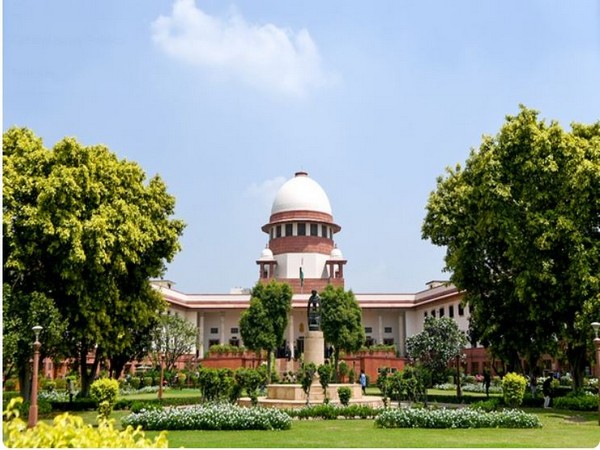


The Supreme Court in the case observed and has dismissed another petition wherein seeking for uniform age of marriage for men and women.
The bench comprising of CJI DY Chandrachud, Justice PS Narasimha, and Justice JB Pardiwala was hearing the present matter.
The counsel, Solicitor General of India Tushar Mehta submitted before the court that earlier the plea has been dismissed by court, wherein the court dismissed the plea seeking similar directions. It has also been argued by him that the matter fell within the legislative domain. Adding to it, he also stated that if the provisions which provide for the age of marriage are struck down, there being no minimum age for marriage in the country. Therefore, the SG referred to the petition filed by lawyer Ashwini Kumar Upadhyay, wherein it has been argued by him that the difference is not stipulated age of marriage for men and women was based on patriarchal stereotypes, thus it had no scientific backing, perpetrated de jure and de facto inequality against women, and the same went completely against the global trends.
However, at present, the men are permitted to marry at the age of 21 years and the women are permitted to marry at 18 years of age.
The bench during the hearing observed, earlier in a plea filed that it was ultimately a matter for the Parliament to decide.
The bench headed by CJI DY Chandrachud stated that, Mr Upadhyay, do not make a mockery of Article 32 of the Constitution of India. Therefore, there being some matters which are only being reserved for the parliament. The court must defer to the parliament. This court cannot enact law here. This court should not perceive that we are the exclusive custodian of constitution of India. Parliament also being a custodian.
Accordingly, the bench dismissed the plea, wherein the court stated that the matter had already been dealt with in the case Ashwini Kumar Upadhyay And Anr. v. UoI And Ors.